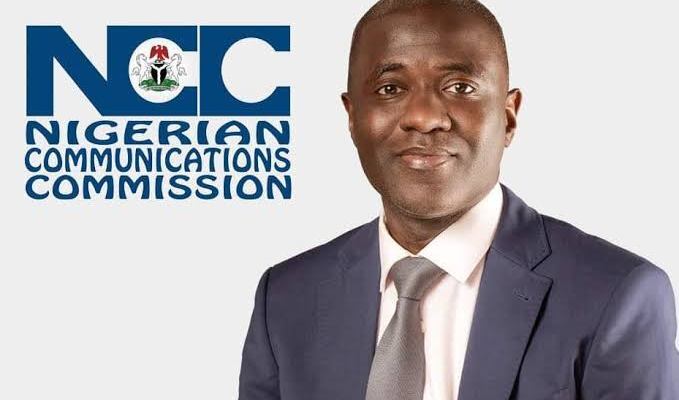Since assuming office as the Executive Vice Chairman (EVC) of the Nigerian Communications Commission (NCC), Dr. Aminu Maida has taken bold and practical steps to reform the Nigerian telecommunications sector, with a clear focus on transparency, consumer protection, and operational efficiency. One of his most remarkable achievements to date is the introduction of the Tariff Simplification Framework, aimed at resolving long-standing complaints about unclear and inconsistent billing practices in the telecom industry.
For years, Nigerian consumers have struggled to understand the complex and often confusing structure of mobile data and voice tariffs. The abundance of bundles, add-ons, and hidden charges made it nearly impossible for users to keep track of their data consumption or compare offerings from different service providers. Dr. Maida, recognizing the negative impact of this confusion on consumer trust and market efficiency, commissioned a comprehensive audit of billing systems alongside a behavioural study to better understand how subscribers interact with telecom services.
The findings were clear: the proliferation of tariffs—some with misleading benefits or vague terms—was undermining transparency and limiting consumers’ ability to make informed decisions. In response, Dr. Maida led the Commission to issue a Tariff Simplification Guidance, a landmark policy directive that now requires telecom operators to limit their offerings to a maximum of seven voice plans and 100 bundle plans. This decisive action immediately curtailed the excessive fragmentation in the market.
Beyond reducing the number of plans, the new directive also mandates uniform disclosure tables. These tables are to clearly state the plan name, price, validity, add-ons, and full terms and conditions. This level of standardization ensures that consumers can easily compare plans, understand what they’re paying for, and avoid hidden fees. Additionally, operators are now required to give a minimum of 30 days’ notice before any tariff changes, further protecting consumers from sudden or unjustified adjustments.
Dr. Maida’s approach to tariff reform is not just consumer-centric but also strategically designed to foster fair competition among telecom operators. With standardized, simplified, and transparent pricing structures, operators must now compete on quality of service and innovation rather than confusing bundles and deceptive pricing. This move has been applauded by industry stakeholders, civil society groups, and most importantly, the general public.
In all, Dr. Aminu Maida’s leadership at the NCC has brought refreshing clarity and fairness to a sector critical to Nigeria’s digital economy. The Tariff Simplification initiative stands as a testament to his vision for a more accountable and user-friendly telecommunications industry—one where consumer rights are respected, and regulatory policies are driven by data, transparency, and good governance.

